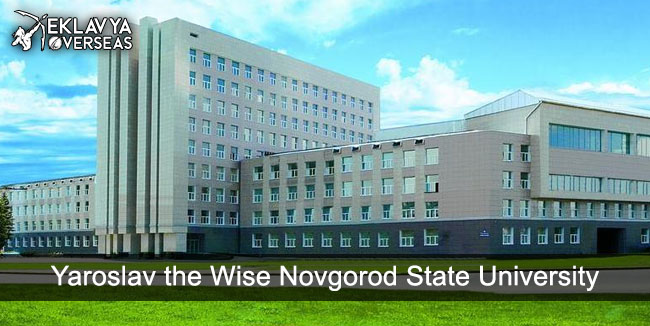In a significant exploration of regulatory reform, V. Gavrilenko from Yaroslav-the-Wise Novgorod State University has delved into the complexities surrounding control and supervisory activities within the Russian Federation. His recent article published in the BRICS Law Journal highlights the ongoing “regulatory guillotine” initiative aimed at streamlining the often cumbersome regulatory framework that has hampered efficiency and fostered corruption.
The regulatory guillotine seeks to eliminate outdated and redundant regulations, a move that is particularly impactful for sectors like energy, where excessive bureaucracy can stifle innovation and growth. As Gavrilenko notes, “The key reason for launching the regulatory guillotine is the problem of redundancy and moral obsolescence of the regulatory framework.” This reform is not merely a bureaucratic exercise; it is essential for fostering a more agile regulatory environment that can adapt to the rapidly evolving energy sector.
The energy industry, characterized by its reliance on regulatory compliance, stands to benefit significantly from the proposed changes. By transitioning to an electronic document management system, the reform aims to reduce the layers of bureaucracy that have traditionally slowed down operations. This shift not only promises to enhance operational efficiency but also aims to mitigate corruption, which has been a persistent issue within control and supervisory activities. Gavrilenko emphasizes that “excessive bureaucratization is a key factor influencing the transition to electronic document management.”
As the article outlines, the current state of control and supervision in Russia is fraught with challenges, including the risk of corruption and the potential for certain departments to withdraw from the reform. The implications of these issues are far-reaching, particularly in the energy sector, where regulatory clarity and efficiency are paramount for attracting investment and fostering innovation.
Moreover, the article suggests a paradigm shift in how the effectiveness of control and supervisory bodies is evaluated. Rather than focusing solely on the number of inspections and penalties, there is a growing emphasis on the quality of insights gained and the events prevented that could pose threats to state and societal security. This shift could lead to a more proactive regulatory environment that anticipates issues before they escalate, thereby creating a more stable and predictable landscape for energy companies.
As the reforms unfold, the energy sector must stay attuned to these developments. The potential for a streamlined regulatory process could lead to increased investment opportunities and a more favorable business climate. Gavrilenko’s research underscores the importance of these reforms not just for regulatory bodies, but for the broader economic landscape, particularly in sectors that are as pivotal as energy.
In summary, Gavrilenko’s insights into the regulatory guillotine and its implications for control and supervisory activities present a compelling narrative for the future of governance in Russia. As the country navigates these changes, the energy sector stands at the forefront, poised to leverage a more efficient regulatory framework that could drive innovation and economic growth.




